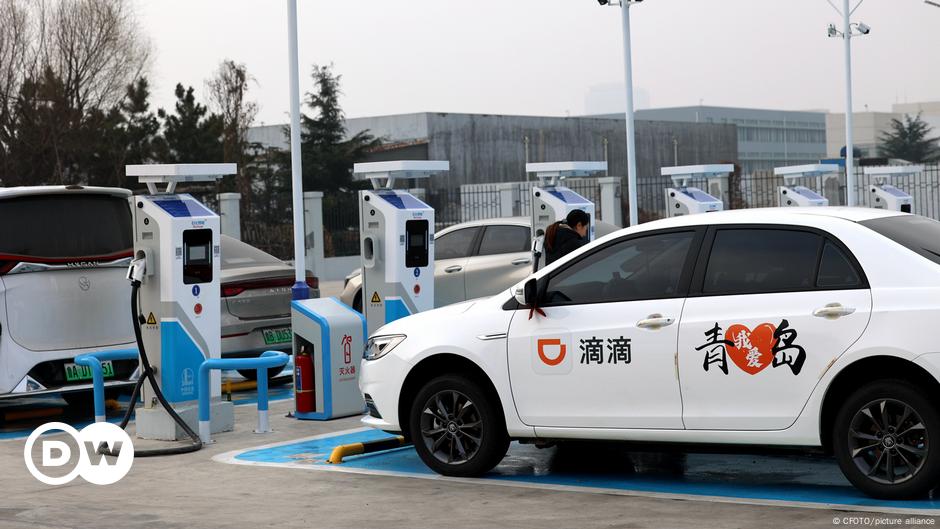The European Union voted on Friday to pave the way for tariffs of up to 35.3% on electric vehicles imported from China, a move that might set the stage for a protracted trade war with the Asian giant.
The vote comes after a year-long anti-subsidy investigation by the European Commission, which proposed the tariffs to counter what it sees as unfair Chinese subsidies.
Countries including France, Italy, Greece, and Poland had indicated they would support the tariffs. However, Germany, along with Hungary, Malta, Slovakia and Slovenia, voted against the proposal, according to German public broadcaster Deutschlandfunk.
The European Commission, the bloc’s executive arm, will now decide whether the import duties come into force at the beginning of November.



Putting a tariff on Chinese electric car inports is fine, but the governments need to get off their collective asses and pump the digital accelerator on native companies expanding their electric lines. Let’s take the income from those tariffs and apply it directly to rebates on locally manufactured ev.
If I remember correctly from recent articles, existing European production capacity is producing more EVs than people want at the price point that they’re going for.
https://www.euronews.com/business/2024/09/19/eu-car-industry-calls-for-urgent-action-as-ev-new-car-sales-tumble